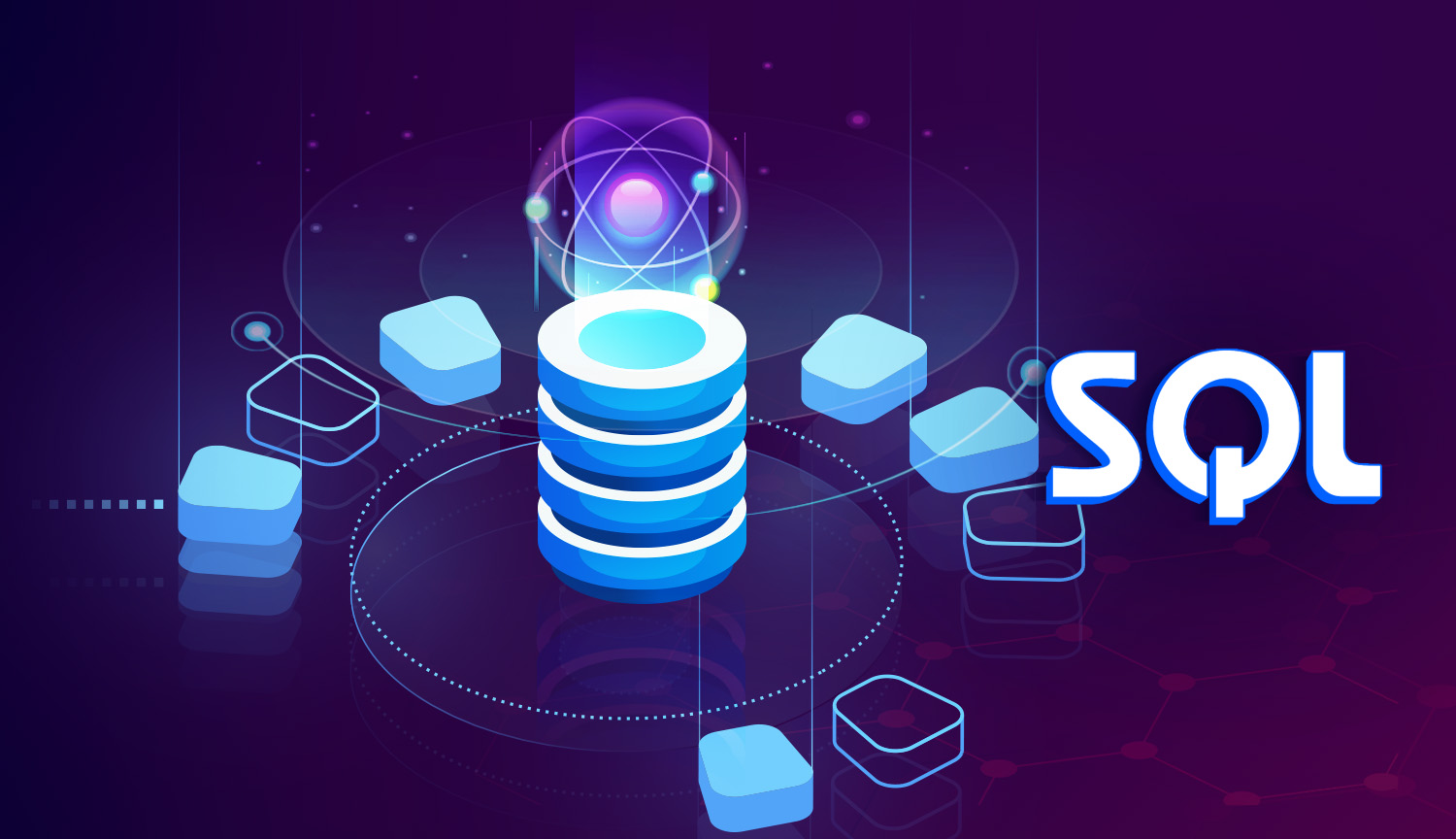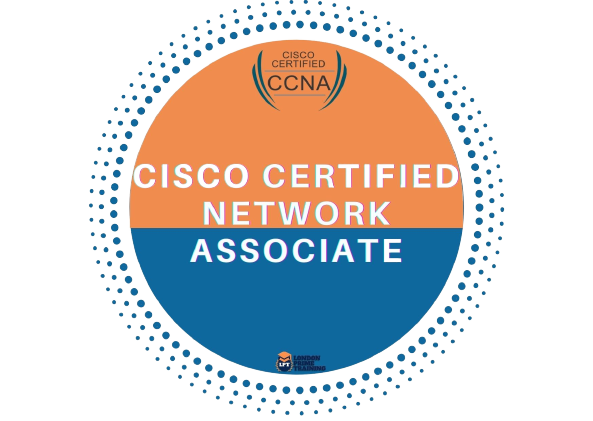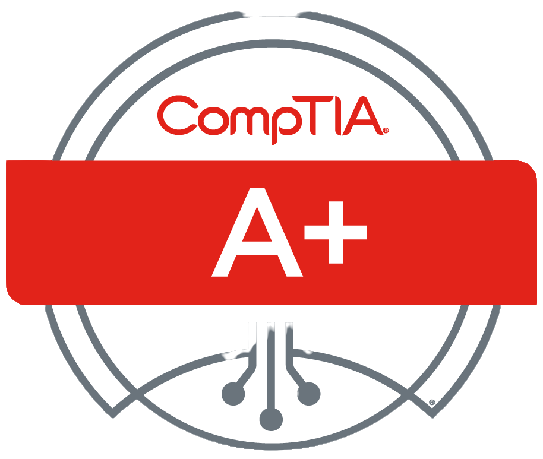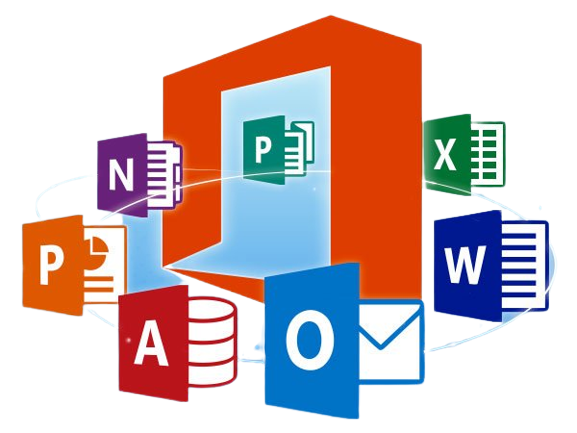Online Undergraduate Programs
Arts, business, health, science and more - begin your journey with an accredited degree program.




Campus Is An Online Platform
Designed to Make LearningBring Tutoring Right to Your Home.
Education is the Key to Your SuccessTake the world best courses, online.
Your Bright Future is Our MissionLearning & Fun For Everyone.
A community of Best & Inspired LearnersOur world-class accredited online programs and courses offer you the flexibility to learn at your own pace, on a schedule that suits your lifestyle.
NGU is an Open University, offering open and flexible distance learning with world-class online courses, undergraduate and graduate degree programs, and professional development options.

Arts, business, health, science and more - begin your journey with an accredited degree program.
Ready to go further? Advance your career and education through a doctorate, masters and more.
Leap ahead by taking a course or two in one of over 60 subject areas. New courses are consistently added to our catalogue.
Power your career with short, stackable courses and professional certificates or build organizational capabilities with powerful corporate learning for immediate impact.
Contrary to popular belief, Lorem Ipsum is not simply random text.
Learn MoreBecoming an NGU student is all about taking your education to the next level. It's about pushing boundaries, achieving personal academic goals and going beyond your expectations. With over 50 online undergraduate and graduate degree, diploma and certificate programs to choose from, we offer learning solutions tailor-made for your aspirations.
As NDF Global University provides innovative, Internet-based graduate programs that reach students around the world. Earn a master's degree, doctorate, graduate diploma or certificate online. Each program offers a spectrum of courses relevant to today's work environment.
Undergraduate courses are studies that can lead to a bachelor's degree, diploma or certificate. Our open enrolment means that anyone 16 or older can take undergraduate courses.
Graduate courses are advanced studies and generally require an undergraduate degree for admission. Many graduate courses can be taken by students not enrolled in a program on a space permitting basis, and can be applied towards degree requirements, should you choose to enrol in the program.
Course Description
This training program, titled “Health Informatics with Data Analytics Specialization,” is designed to equip healthcare professionals with the skills and knowledge needed to effectively manage healthcare data using the Azure cloud platform. The course will cover a broad range of topics, including healthcare data management, data analytics, and Azure cloud computing. Through a combination of lectures, case studies, and hands-on exercises, participants will learn how to collect, store, analyze, and visualize healthcare data in the Azure cloud environment.
Course Learning Outcome
Upon completion of this training program, participants will be able to:
Certification
Participants who successfully complete the training program will receive a certificate of completion, which verifies their knowledge and skills in health informatics with a data analytics specialization on the Azure cloud platform.
Job Prospects
Graduates of this training program will be well-equipped to pursue careers in healthcare data management and analytics, with a specialization in the Azure cloud platform. They can work as healthcare data analysts, healthcare IT specialists, healthcare informatics managers, or healthcare data scientists in a variety of healthcare settings, including hospitals, clinics, and research institutions. Additionally, graduates can pursue job opportunities in healthcare technology companies that provide solutions for healthcare data management and analytics
Pre-requisites: None
Duration: 6 months
Lecture Mode: Online
For Whom: This is strictly for Nurses - LP, RN, B.Sc and M.Sc Nursing who are interested in IT profession, specializing in Data Analytics.

Course Description
The "Web Application Development" course is designed to equip individuals with the skills and knowledge required to develop web applications using Python and MySQL. This program covers the fundamentals of web development, including HTML, CSS, and JavaScript, and provides an introduction to Python programming and MySQL database management. In addition, individuals will learn how to build dynamic and interactive web applications using Flask, a popular web development framework
Learning Outcomes
Associated Certification:
This course prepares individuals for the Python Institute Certified Associate in Python Programming (PCAP) and the MySQL Certified Developer certifications.
Completion Project:
Individuals will complete a real-world web application development project that integrates the concepts and skills learned in the course.
Job Prospects:
Graduates of the "Web Application Development" course can pursue careers as web developers, software engineers, application developers, and database administrators.
Pre-requisites: IT Fundamentals
Duration: 6 months (part-time); 15 days (full-time), Full access to recorded lecture; Practice questions
Lecture Format: Online (from anywhere in the world) and In-Person (only in Chicago, for now)
For Whom: Anyone interested in Wed Design and Development

Course Description
This course is designed to equip learners with the necessary skills and knowledge to become proficient in Cloud Computing and Data Analytics on the Azure Cloud platform. The program provides learners with a comprehensive understanding of cloud computing architecture, infrastructure, and services, as well as data analytics concepts, tools, and techniques. The course combines hands-on experience with expert instruction, and learners will gain practical skills and insights into working with Azure cloud computing and data analytics tools.
Learning Outcomes
By the end of this course, learners will be able to:
Associated Certifications
Job Prospects
Graduates of this course can expect to qualify for roles such as Cloud Engineer, Cloud Administrator, Cloud Data Analyst, Data Engineer, Data Scientist, or Azure Cloud Specialist.
Pre-requisites: Basic knowledge of computer such as IT Fundamentals or CompTIA A+
Duration: 6 months (part-time); 15 days (full-time), Full access to recorded lecture; Practice questions
Lecture Format: Online (from anywhere in the world) and In-Person (only in Chicago, for now)
For Whom: Anyone interested in Cloud Computing and Data Analytics

Course Description
This training program is designed for IT professionals who want to acquire knowledge and skills in cloud computing and cybersecurity on the Azure platform. Participants will learn how to design, deploy, and manage secure cloud infrastructures using Azure services and tools. The program covers topics such as Azure virtual networks, storage, compute, security, identity and access management, encryption, monitoring, and threat protection. In addition, the program will prepare participants for the Azure Administrator certification, the Azure Security certification, and the CompTIA Security+ certification.
Course Learning Outcome
Upon completion of this course, participants will be able to:
Certification Exams
This course prepares participants for the following certification exams:
Job Prospects
Graduates of this program can pursue various roles, including:
Pre-requisites: IT Fundamentals or CompTIA A+
Duration: 6 months (part-time); 15 days (full-time), Full access to recorded lecture; Practice questions
Lecture Format: Online (from anywhere in the world) and In-Person (only in Chicago, for now)
For Whom: Anyone interested in Cloud Computing, and CyberSecurity

Course Description
This training program is designed to provide participants with a comprehensive understanding of cloud computing and artificial intelligence (AI) solutions on the Microsoft Azure platform. Participants will learn how to use Azure's cloud computing services and AI tools to design, develop, and deploy scalable and secure AI solutions. The program incorporates the full content of the Azure Administrator and Azure AI Engineer Associate certification courses.
Course Learning Outcome
Upon completion of this training program, participants will be able to:
Course Certification Exams
Job Prospects
These roles typically require a combination of cloud computing knowledge and experience, as well as AI and machine learning skills. Individuals who complete this training program and obtain the Azure Administrator Associate and Azure AI Engineer Associate certifications may be well-suited for these types of roles.
Pre-requisites: Basic knowledge of computer such as IT Fundamentals and knowledge of a programming language such as Python or C#
Duration: 6 months (part-time); 15 days (full-time), Full access to recorded lecture; Practice questions
Lecture Format: Online (from anywhere in the world) and In-Person (only in Chicago, for now)
For Whom: Anyone interested in Cloud Computing, and Artificial Intelligence.

Course Description
The “Health Informatics with AI Specialization” training program is designed to equip healthcare professionals with the skills and knowledge needed to effectively manage healthcare data and apply AI techniques to gain insights and improve patient outcomes. The course will cover a broad range of topics, including healthcare data management, data analytics, and the use of Azure cloud-based AI tools. Through a combination of lectures, case studies, and hands-on exercises, participants will learn how to use AI tools and techniques to manage and analyze healthcare data in the Azure cloud environment.
Learning Outcomes
Upon completion of this training program, participants will be able to:
Course Certification
Participants who successfully complete the training program will receive a certificate of completion, which verifies their knowledge and skills in health informatics with an AI specialization on the Azure cloud platform.
Job Prospects
Graduates of this training program will be well-equipped to pursue careers in healthcare data management and analytics with a specialization in AI on the Azure cloud platform. They can work as healthcare data analysts, healthcare IT specialists, healthcare informatics managers, or healthcare data scientists in a variety of healthcare settings, including hospitals, clinics, and research institutions. Additionally, graduates can pursue job opportunities in healthcare technology companies that provide AI solutions for healthcare data management and analytics.
For Whom: This is strictly for Nurses - LP, RN, B.Sc and M.Sc Nursing who are interested in IT profession, specializing in Artificial Intelligence.
Pre-requisites: None
Duration: 6 months
Learning Format: Online
For Whom: Anyone interested in Digital Marketing / Product Marketing career

Course Description
Digital marketing is the practice of promoting products, services, or brands through digital channels to connect with customers and potential customers. In today's digital age, it's essential for businesses to have a strong online presence to remain competitive. This training program is designed to teach participants digital marketing strategies and techniques using the agile Scrum methodology. Participants will learn how to develop a comprehensive digital marketing plan, execute marketing campaigns, and measure their effectiveness. The program also includes training in Scrum methodology and tools to manage digital marketing projects.
Course Learning Outcome
Upon completion of this training program, participants will be able to:
Course Certification Exams
Job Prospects
Pre-requisites: Basic knowledge of computer such as IT Fundamentals
Duration: 3 months (part-time); 5 days (full-time). Full access to recorded lecture; Practice questions
Lecture Format: Online ONLY
For Whom: Anyone interested in Digital Marketing / Product Marketing career

COURSE DESCRIPTION
This course is designed to provide learners with the skills and knowledge necessary to implement and manage cloud-based applications with a focus on DevOps practices using the Microsoft Azure platform. Participants will learn how to build, deploy, and manage cloud-based solutions using a combination of Azure infrastructure and DevOps tools. The course covers the essential principles of cloud computing and DevOps, including continuous integration, delivery, and deployment. This training program also covers the full course outline for the Microsoft Azure Administrator and Microsoft Azure DevOps Engineer certification.
COURSE LEARNING OUTCOMES
By the end of the course, participants will be able to:
Certification Exams
This training program covers the full course outline for the Microsoft Azure Administrator Certification (AZ-104) and the Microsoft Azure DevOps Engineer Certification (AZ-400) exams. Participants can take these exams after completing the course to obtain certification in Azure administration and DevOps engineering.
Job Prospects
Graduates of this program will have the skills and knowledge necessary to pursue careers as Azure administrators, DevOps engineers, cloud architects, or solutions architects. These roles are in high demand, and many organizations are seeking qualified professionals with experience in cloud computing and DevOps practices.
Pre-requisites: Basic knowledge of computer such as IT Fundamentals.
Duration: 6 months (part-time); 15 days (full-time), Full access to recorded lecture; Practice questions
Lecture Format: Online (from anywhere in the world) and In-Person (only in Chicago, for now)
For Whom: Anyone interested in Cloud Computing with DevOps specialization.

COURSE DESCRIPTION
This training program is designed for individuals looking to develop expertise in Business Analysis with Scrum Master methodologies. The course aims to provide students with an in-depth understanding of the core principles, techniques and tools used in Business Analysis, and Scrum Master frameworks that help teams work together to achieve their goals.
Throughout the program, students will learn how to improve business processes, optimize workflows, and facilitate effective communication among stakeholders. The course will also cover project management methodologies such as agile methodologies, including Scrum, and how to apply Scrum principles to the business analysis process.
Participants will have the opportunity to work on case studies and real-world scenarios, applying what they've learned to practical situations. Upon completion of the program, students will have the knowledge and skills necessary to be effective business analysts with a strong understanding of Scrum Master concepts.
LEARNING OUTCOMES
Upon completion of this course, participants will be able to:
Certification Exams
Upon completion of this course, participants will be prepared to sit for the International Institute of Business Analysis (IIBA) certification exam for Certified Business Analysis Professional (CBAP) and the Scrum.org certification exam for Professional Scrum Master (PSM). These certifications are highly recognized and will demonstrate proficiency in business analysis and Scrum.
Job Prospects
Upon completion of this program, participants can pursue various job roles, such as Business Analyst, Business Systems Analyst, Agile Business Analyst, Scrum Master, Project Manager, IT Manager, and Product Manager. The demand for skilled Business Analysts and Scrum Masters is high across various industries, including IT, Healthcare, Finance, and Consulting. This training program will help individuals develop the skills and knowledge necessary.
Pre-requisites: Basic knowledge of computer such as IT Fundamentals.
Duration: 3 months (part-time); 5 days (full-time) . Full access to recorded lecture ; Practice questions.
Lecture Format: Online and In-Person
For Whom: Anyone interested in Business Analysis/Scrum Master/Product Owner career.

COURSE DESCRIPTION
This course is designed to teach students how to effectively design, develop, and manage databases using SQL. The course covers the fundamental concepts of SQL, including database design, query optimization, and management of data. Students will also learn advanced concepts such as database security, backup and recovery, and performance tuning.
LEARNING OUTCOMES
Upon completion of this course, students will be able to:
Associated Certification
Students who complete this course will be prepared to take the Microsoft SQL Server certification exam (70-461: Querying Microsoft SQL Server). This certification is highly valued by employers in the field of database management.
Job Prospects
Completing this course will prepare students for a career in database administration, data analysis, or database development. Potential job titles include database administrator, database developer, data analyst, and business intelligence analyst. With the increasing demand for data analysis in the tech industry, these positions are in high demand and offer competitive salaries.
Pre-requisites: None
Duration: 2 months (part-time); 5 days (full-time), Full access to recorded lecture; Practice questions
Lecture Format: Online/Virtual Class ONLY
For Whom: Anyone interested in IT Career and requires solid background.

COURSE DESCRIPTION
This course is designed to teach students the principles of network security and risk management, and how to configure and manage network security devices. Students will learn about different types of attacks, threat assessment, and network vulnerabilities. This course covers key topics in the CompTIA Security+ certification.
LEARNING OUTCOMES
Upon completion of this course, students will be able to:
Certifications
Students who successfully complete this course will be prepared to sit for the CompTIA Security+ certification.
Job Propects
After completing this course and obtaining the certification, students can apply for jobs as Security Analysts, Security Engineers, and Security Consultants. The demand for network security professionals is increasing rapidly, and obtaining the CompTIA Security+ certification can help individuals stand out in the job market.
Pre-requisites: IT Fundamentals
Duration: 2 months (part-time); 5 days (full-time), Full access to recorded lecture; Practice questions
Lecture Format: Online/Virtual Class ONLY
For Whom: Anyone interested in IT Career and requires solid background.

COURSE DESCRIPTION
The CompTIA Network+ course is designed to provide students with the knowledge and skills necessary to become a competent network professional. The course covers topics such as network architecture, network protocols, network devices, network management, and network security.
LEARNING OUTCOMES
Upon completion of this course, students will be able to:
Associated Certification
Upon completion of this course, students can take the CompTIA Network+ certification exam.
Job Prospects
Pre-requisites: None
Duration: 2 months (part-time); 5 days (full-time), Full access to recorded lecture; Practice questions
Lecture Format: Online/Virtual Class ONLY
For Whom: Anyone interested in IT Career and requires solid background.

COURSE DESCRIPTION
The CCNA course is designed to provide students with a comprehensive understanding of computer networking, with a focus on Cisco technologies. Students will learn the fundamentals of networking, network protocols, network topologies, and network devices. The course covers the installation, configuration, and troubleshooting of Cisco network devices, as well as basic network security concepts. Upon completion of this course, students will be well-equipped to take the Cisco Certified Network Associate (CCNA) certification exam.
LEARNING OUTCOMES
Upon completion of the CCNA course, students will be able to:
Certification:
After completing the CCNA course, students can take the Cisco Certified Network Associate (CCNA) certification exam.
Job Prospets:
CCNA certified professionals are in high demand in the technology industry. The CCNA certification can lead to job roles such as Network Administrator, Network Engineer, and Network Analyst.
Pre-requisites: None
Duration: 2 months (part-time); 5 days (full-time), Full access to recorded lecture; Practice questions
Lecture Format: Online Only
For Whom: Anyone interested in IT Career and requires solid background.

COURSE DESCRIPTION
The CompTIA A+ training program is designed to provide students with a solid foundation in the field of computer hardware and software. The course covers the basics of computer hardware, operating systems, and peripherals, as well as the installation and configuration of these components. The program is also designed to prepare students for the CompTIA A+ certification exam, which validates the skills and knowledge required for entry-level IT positions.
LEARNING OUTCOMES
By the end of the course, students will be able to:
Certification Exams:
The CompTIA A+ certification exam consists of two parts, A+ Core 1 and A+ Core 2. The exam covers hardware, software, operating systems, network, security, and mobile devices.
Job Prospect:
With a CompTIA A+ certification, graduates can pursue entry-level positions in IT support, technical support, help desk, and field service. Potential job titles include computer support specialist, help desk technician, technical support specialist, and service desk analyst.
Pre-requisites: None
Duration: 2 months (part-time); 5 days (full-time), Full access to recorded lecture; Practice questions.
Lecture Format: Online (from anywhere in the world) and In-Person (only i.n Chicago, for now)
For Whom: Anyone interested in IT Career and requires solid background.

COURSE DESCRIPTION
The Microsoft Office Application User course is designed to teach students the skills necessary to be proficient in the use of Microsoft Office applications, including Word, Excel, PowerPoint, and Outlook. The course covers fundamental to advanced features, which includes document creation, data analysis, presentations, and email management. It also provides hands-on training, real-world examples, and best practices for using Microsoft Office applications.
LEARNING OUTCOMES
Upon completion of this course, students will be able to:
Certifications: Upon successful completion of this course, students will be able to take Microsoft Office Specialist (MOS) certification exams for Word, Excel, PowerPoint, and Outlook.
Job Prospects: Completion of this course enhances employment opportunities as most modern-day organizations demand good proficiency in using Microsoft Office applications. Office applications are used for managing the day-to-day operations of many businesses, and employees with a high level of proficiency can contribute significantly to the success of an organization.
Pre-requisites: None
Duration: 2 months (part-time); 5 days (full-time). Full access to recorded lecture; Practice questions
Lecture Format: Online Only
For Whom: Anyone interested in IT career or basic computing knowledge.

COURSE DESCRIPTION
This comprehensive course is designed to provide learners with a broad introduction to the fundamentals of Information Technology (IT) and various IT components including databases, cloud computing, AI, and web development. The program covers the basics of computer hardware, software, networking, security, databases, cloud computing, AI, and web development. This course aims to equip learners with the basic skills necessary to pursue entry-level IT roles, and serves as a foundation for further education and skill development.
LEARNING OUTCOMES
By the end of this course, learners will be able to:
Associated Certifications
This course provides a solid foundation for learners interested in pursuing further education in IT.
Pre-requisites: None
Duration: 2 months (part-time); 5 days (full-time). Full access to recorded lecture; Practice questions
Lecture Format: Online Only
For Whom: Anyone interested in IT career or basic computing knowledge.
